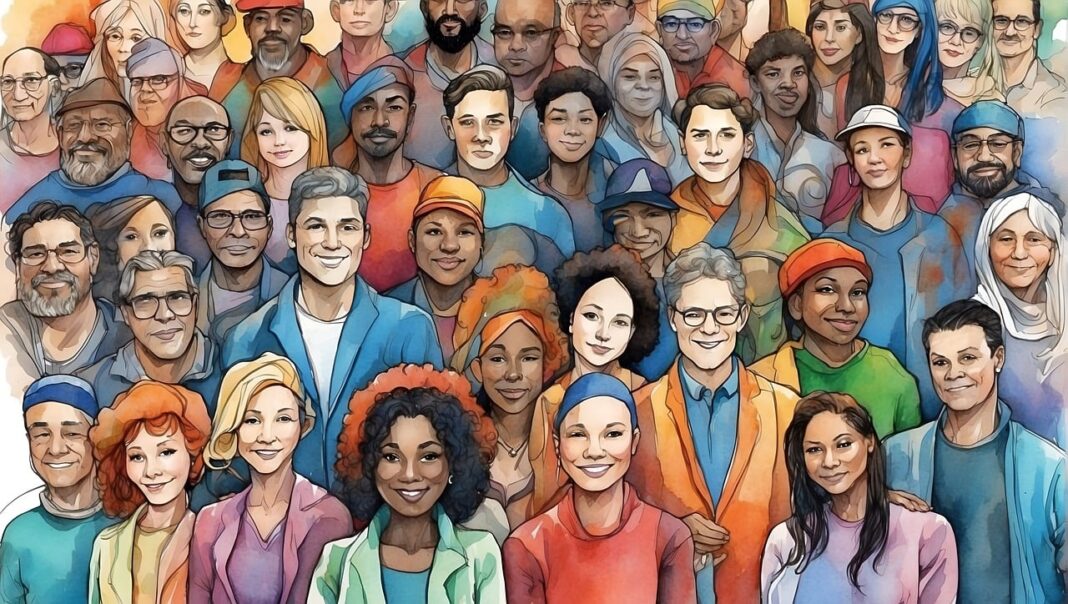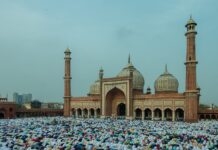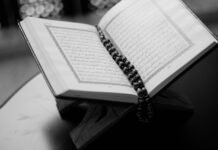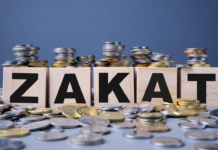
Ramadan is the ninth month of the Islamic lunar calendar and is considered one of the holiest months for Muslims worldwide. It is a time of fasting, prayer, reflection, and community. In addition to the obligatory acts of fasting and prayer, there are several Sunnahs (traditions of the Prophet Muhammad, peace be upon him) that Muslims are encouraged to follow during Ramadan. These Sunnahs not only bring spiritual rewards but also help in maximizing the blessings of this sacred month. In this article, we will explore 10 Sunnahs of Ramadan that every Muslim should know and strive to practice.
- Suhoor (Pre-Dawn Meal):
- It is Sunnah to have a pre-dawn meal (suhoor) before beginning the fast.
- The Prophet Muhammad (peace be upon him) said, “Partake in Suhoor, for indeed, there is a blessing in it.” (Bukhari and Muslim)
- Iftar (Breaking the Fast):
- It is Sunnah to break the fast immediately after sunset with dates and water.
- The Prophet Muhammad (peace be upon him) said, “The people will continue to be upon goodness as long as they hasten in breaking the fast.” (Bukhari and Muslim)
- Taraweeh Prayers:
- Taraweeh prayers are Sunnah and are performed after the ‘Isha prayer during Ramadan.
- The Prophet Muhammad (peace be upon him) said, “Whoever stands in prayer during Ramadan with faith and hoping for reward, his previous sins will be forgiven.” (Bukhari and Muslim)
- Recitation of the Quran:
- It is Sunnah to increase the recitation of the Quran during Ramadan.
- The Prophet Muhammad (peace be upon him) used to revise the Quran with Angel Jibreel (Gabriel) during Ramadan.
- Charity (Sadaqah):
- Giving charity, especially during Ramadan, is highly encouraged.
- The Prophet Muhammad (peace be upon him) was known to be more generous in Ramadan than any other time of the year.
- Seeking Laylat al-Qadr:
- Laylat al-Qadr (the Night of Decree) falls in the last ten nights of Ramadan and is better than a thousand months.
- The Prophet Muhammad (peace be upon him) said, “Whoever prays during the night of Qadr with faith and seeking his reward from Allah will have his past sins forgiven.” (Bukhari and Muslim)
- Dua (Supplication):
- Making dua is a powerful act of worship, especially during Ramadan.
- The Prophet Muhammad (peace be upon him) said, “Three people’s supplication is not rejected: the fasting person until he breaks his fast, the just ruler, and the oppressed person.” (Tirmidhi)
- I’tikaf (Spiritual Retreat):
- It is Sunnah to observe I’tikaf, a spiritual retreat, during the last ten days of Ramadan.
- The Prophet Muhammad (peace be upon him) used to observe I’tikaf in the last ten days of Ramadan seeking Laylat al-Qadr.
- Increase in Good Deeds:
- Ramadan is a time to increase in acts of worship and good deeds.
- The Prophet Muhammad (peace be upon him) said, “The best charity is that given in Ramadan.” (Tirmidhi)
- Seeking Forgiveness:
- It is important to seek forgiveness and repentance during Ramadan.
- The Prophet Muhammad (peace be upon him) said, “Whoever fasts Ramadan out of faith and seeking reward, his previous sins will be forgiven.” (Bukhari and Muslim)
Observing these Sunnahs of Ramadan not only brings us closer to the teachings of the Prophet Muhammad (peace be upon him) but also helps us in gaining maximum spiritual benefits from this blessed month. Let us strive to follow these Sunnahs and make the most of Ramadan by increasing our worship, seeking forgiveness, and drawing nearer to Allah. May Allah accept our fasting, prayers, and good deeds during this blessed month.









